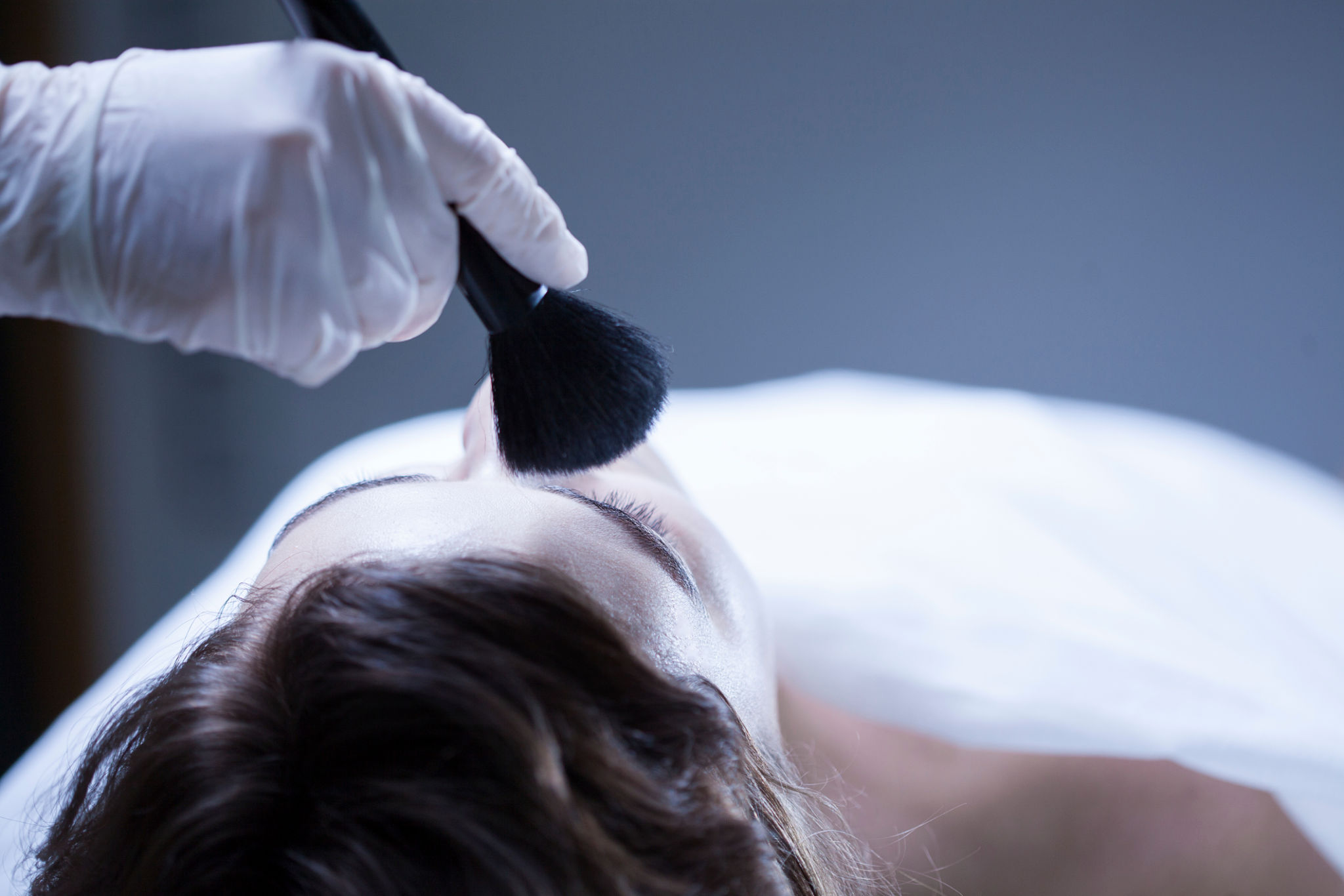Debunking Common Makeup Myths: Expert Tips from Kaebykendrah
Myth: Makeup Causes Acne
One of the most pervasive myths in the makeup world is that wearing makeup causes acne. While it's true that certain products can contribute to breakouts, the key lies in selecting the right formulations. Non-comedogenic products are designed to avoid clogging pores, making them a safe choice for acne-prone skin. Always ensure that you thoroughly cleanse your face at the end of the day to remove all traces of makeup and prevent potential skin issues.
Additionally, it's essential to keep your makeup tools clean. Dirty brushes and sponges can harbor bacteria, which may lead to skin irritation and breakouts. Make it a habit to wash your brushes at least once a week and replace sponges regularly.

Myth: You Don’t Need Sunscreen with Foundation
It's a common misconception that foundation with SPF is sufficient protection against harmful UV rays. While some foundations contain SPF, they often don't provide adequate coverage. Experts recommend using a dedicated sunscreen under your makeup for optimal skin protection. Apply a broad-spectrum sunscreen with at least SPF 30 before your foundation to ensure your skin is well-protected throughout the day.
Remember, UV damage can occur even on cloudy days or when you're indoors near windows. By incorporating sunscreen into your daily routine, you safeguard your skin against premature aging and potential sun damage.

Myth: Expensive Makeup is Better
Many people believe that higher-priced makeup products perform better than their more affordable counterparts. However, price doesn't always equate to quality. There are numerous drugstore brands offering excellent products that rival luxury brands. The trick is to pay attention to ingredient lists and reviews rather than the price tag.
Experimenting with different brands and products can help you find what works best for your skin type and personal preferences without breaking the bank. Keep an eye out for dupes, or affordable alternatives, for high-end makeup products to achieve similar results at a fraction of the cost.

Myth: Makeup Expires Whenever It Looks Fine
Makeup expiration dates are often overlooked, but using expired products can lead to skin irritation and infections. Each product has a specific lifespan, usually indicated by a small symbol on the packaging. For instance, mascara typically lasts three months, while lipsticks can last up to two years.
Maintaining awareness of expiration dates ensures that you're using products safely and effectively. Regularly declutter your makeup collection to remove expired items, which will help prevent potential skin issues and maintain product performance.

Myth: You Can Skip Primer
Primer is sometimes seen as an unnecessary step in a makeup routine, but it can significantly enhance the longevity and appearance of your makeup. A good primer creates a smooth canvas, minimizing pores and fine lines while helping your foundation adhere better.
Choosing the right primer for your skin type can make all the difference. For example, a mattifying primer is ideal for oily skin, while a hydrating primer benefits dry skin. By incorporating primer into your routine, you can achieve a more polished look with longer-lasting results.
